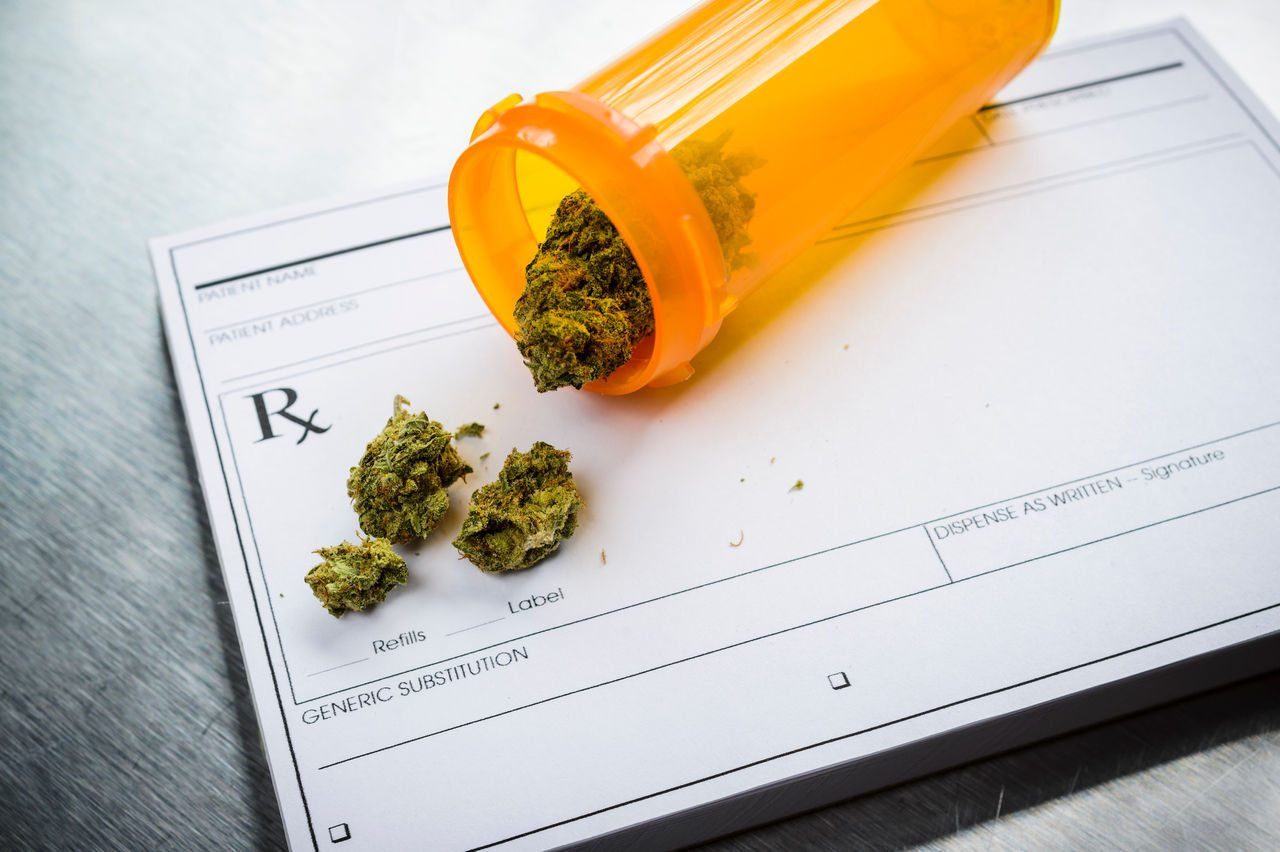The U.S. Department of Justice (DOJ) on May 21 published in the Federal Register a proposed rule to reclassify marijuana from a Schedule I controlled substance to a Schedule III drug, as marijuana usage rises. For the first time, more people in the U.S. are using marijuana daily than are drinking alcoholic beverages daily, according to a new study. The comment period on the proposed rule ends July 22. We’ve gathered articles on the news from SHRM Online and other outlets.
Biden Administration’s Recommendations
On Oct. 6, 2022, President Biden asked that the attorney general and the secretary of the U.S. Department of Health and Human Services (HHS) “initiate the administrative process to review expeditiously how marijuana is scheduled under federal law.” The HHS recommended in August 2023 that marijuana be rescheduled to Schedule III.
The DOJ noted that when Congress enacted the Controlled Substances Act (CSA) in 1970, it placed marijuana in Schedule I. Other Schedule I substances include heroin, lysergic acid diethylamide (LSD), and methylenedioxymethamphetamine (ecstasy). Drugs controlled under Schedule II include cocaine, methamphetamine, methadone, oxycodone, and fentanyl. Drugs controlled under Schedule III include products containing less than 90 milligrams of codeine per dosage unit, ketamine, and anabolic steroids.
Since 1996, 38 states and the District of Columbia have legalized the use of medical marijuana.
Five Schedules of Controlled Substances
Under the federal CSA, the Drug Enforcement Administration classifies drugs into five distinct categories, or schedules, depending on the drug’s acceptable medical use and its potential for abuse or dependence. Schedule I drugs are defined as having no currently accepted medical use and a high potential for abuse. As the drug schedule changes, so does the abuse potential, with Schedule V representing the drugs with least potential for abuse. Schedule III drugs are defined as drugs with a moderate to low potential for physical and psychological dependence. Some examples of Schedule III drugs include Tylenol with codeine.
If the transfer to Schedule III is finalized, any drugs containing marijuana will be subject to the applicable prohibitions in the federal Food, Drug, and Cosmetic Act, enforced by the Food and Drug Administration.
Rescheduling’s Effect on Safety-Sensitive Positions
Prospectively, the biggest impact of rescheduling may concern employers in industries, such as transportation, that perform drug testing in accordance with federal requirements. Employees with safety-sensitive responsibilities regulated by agencies, including the Federal Aviation Administration, Federal Motor Carrier Safety Administration, and the Federal Railroad Administration, are subject to extensive mandatory drug testing.
As the regulatory process unfolds, there will likely be scrutiny placed on identifying those substances to be tested on behalf of the large universe of federally regulated safety-sensitive employees. If marijuana is moved from Schedule I to Schedule III, a classification where medical use is permitted, it remains to be seen whether the U.S. Department of Transportation would adjust compliance requirements.
Effects of Rescheduling Marijuana
Even if marijuana is rescheduled, it would still be a controlled substance that’s subject to federal rules and regulations. More importantly, rescheduling does not decriminalize marijuana or make it legal for recreational use on the federal level.
(The Hill and SHRM Online)
An organization run by AI is not a futuristic concept. Such technology is already a part of many workplaces and will continue to shape the labor market and HR. Here's how employers and employees can successfully manage generative AI and other AI-powered systems.




